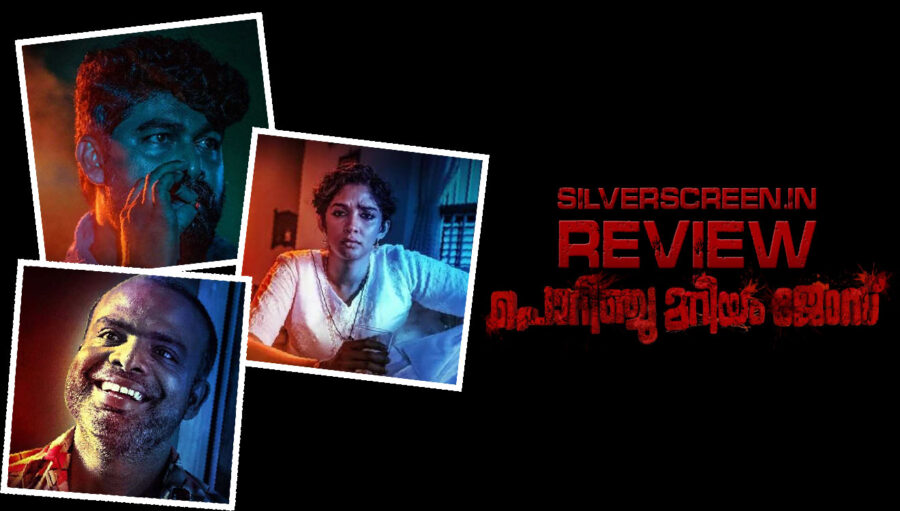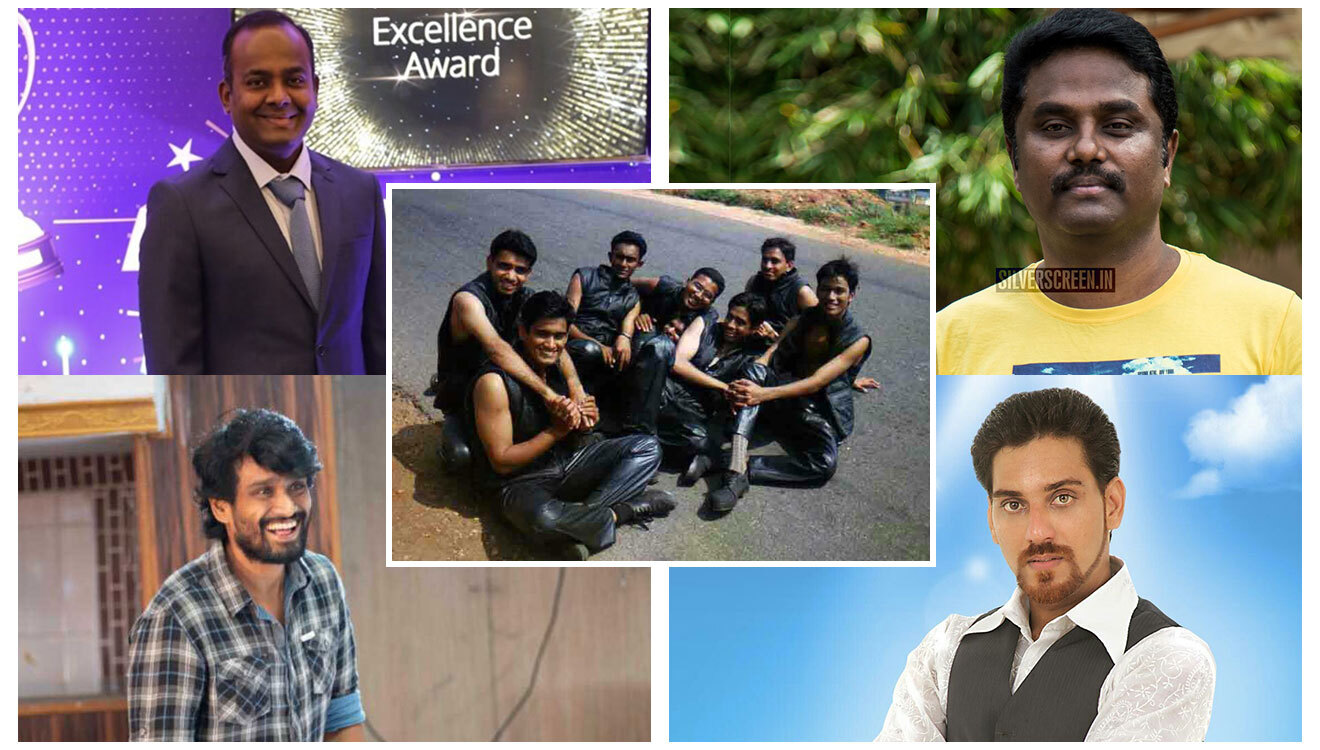Porinju Mariam Jose opens to a familiar aerial shot of a lush green Kerala village. A cheerful score that has a 90’s hangover plays in the background. We meet the lead characters. Two teenagers in love. One best friend who has pinky-promised to never leave their side in sickness and wealth. Their banter. The character introduction shots reek of cliché, and their dialogues teem with expository details .
Beneath the mundane surface of the initial scenes you might sense something refreshing, though – a class conflict that Joshiy has never attempted in a head-on fashion before, at least not since he started spelling his name with a Y.
A thick wall of class and caste separates Mariam, the scion of a Christian household, from Porinju and Jose, who live in the town’s ghetto and are sons of a bandmaster and a beedi-maker, respectively. After a violent confrontation with their headmaster who harasses them over the lack of an important surname, the boys leave school for good. “That place is not for people like us,” declares Jose, and Porinju agrees.
And then, Joshiy slyly fires his pistol in the air, dismissing any hope about this being a compelling drama that goes beyond what’s shown on the screen. The film is blind to the socio-political dynamics in the town where everything, including the Church, is ruled by upper-class Christian families. Mariam grows up to be a devil-may-care loner who strides across the town’s market like she owns it. But this movie isn’t about her unusual life either. Joshiy creates a facade using the stylistic elements he borrows from films such as Angamaly Diaries and Vada Chennai, to mask the film’s exhausting ordinariness. He takes no narrative risk and pays no attention to the details. The end-product is not any different from a Lion or an Avatharam.
For one, a bunch of teenagers is used as narrative anchors in an early sequence to feed the audience with background information, context, and character details. The boys run around looking for answers to cheesy questions such as “What happened in the town’s central square last festival season?” They live in the same space as the lead characters, but are strangely unaware of the existence of Jose (Chemban Vinod Jose), Porinju (Joju George) or Mariam (Nyla Usha), who form the town’s most famous trio.
Mariam and Porinju remain unmarried in their forties, pining for each other. For the townfolk, they are symbols of the purest kind of love that transcends physical desire and selfishness. A lot of things about this love story works (thanks to the fantastic cast) until the film reveals why they are living apart. The misplaced humour in the scene fatally wrecks the romantic track and robs the characters of any sign of deepness. Abhilash N Chandran’s writing waters down every good moment with a cliche, perhaps, because it is easier that way to tie the ends together. The narrative is too short-sighted to see why Iype (Vijayaraghavan), the head of a powerful household, cannot be anything but a master to Porinju. It spends over two hours romanticising their relationship without taking the pain to dive into their psyche and milieu and see how different their worlds are.
For the same reason, it is difficult to take the film’s antagonists seriously. They are little more than hired killers without an identity. The film thinks of Prince (Rahul Madhav) as a brat, without holding his class culpable for the mistreatment of people such as Porinju and Jose. There is drama in the air when Jose falls dead – the close-up of his face taking one final puff is impressive – but the effect thins out quickly due the absence of a compelling build-up. What did he die for? We don’t get a good answer to that question because the film isn’t interested in it.
Porinju Mariyam Jose released in theatres amidst a murky legal case filed by Lizzy Joy, a novelist, who alleged that the film’s screenplay is inspired from her novel Vilappurangal. The film and novel have similar characters who share similar relationships. Some of the pivotal instances in the novel feature in the film too. But, the resemblance ends there. Vilappurangal is a superior work that zooms into Mariam’s world, where she is an indomitable warrior and a fierce lover of many men. Lizzy imagines her as a sturdy tree while Joshiy’s film presents her as a dummy feminist whose existence is inseparable from her label as Porinju’s lover. She is largely a lovelorn woman, or an overgrown teenager, if you may.
Recommended
The film is shouldered by its great cast. Nyla Usha creates a memorable impression in every close-up shot she gets; when her Mariam throws a furtive glance at Porinju at a wedding party, or when she walks back to him silently to cup his face in her palms. She is formidable and subtle, without a hint of narcissism. Joju George slips into Porinju like he slipped into Joseph (Joseph, 2018), so effortlessly. He has the body-language of a man who has lived a long and interesting life. Someone who has lost enthusiasm, but has gained wisdom. Although he doesn’t look like he wants attention, it’s hard to not notice him in a crowd. Chemban Vinod’s onscreen persona is a foil to that of Joju’s — louder and more amenable. Porinju Mariyam Jose barely rises above the level of a lazy masala gag, but the three actors leave behind glimmers of a greater film.
***



